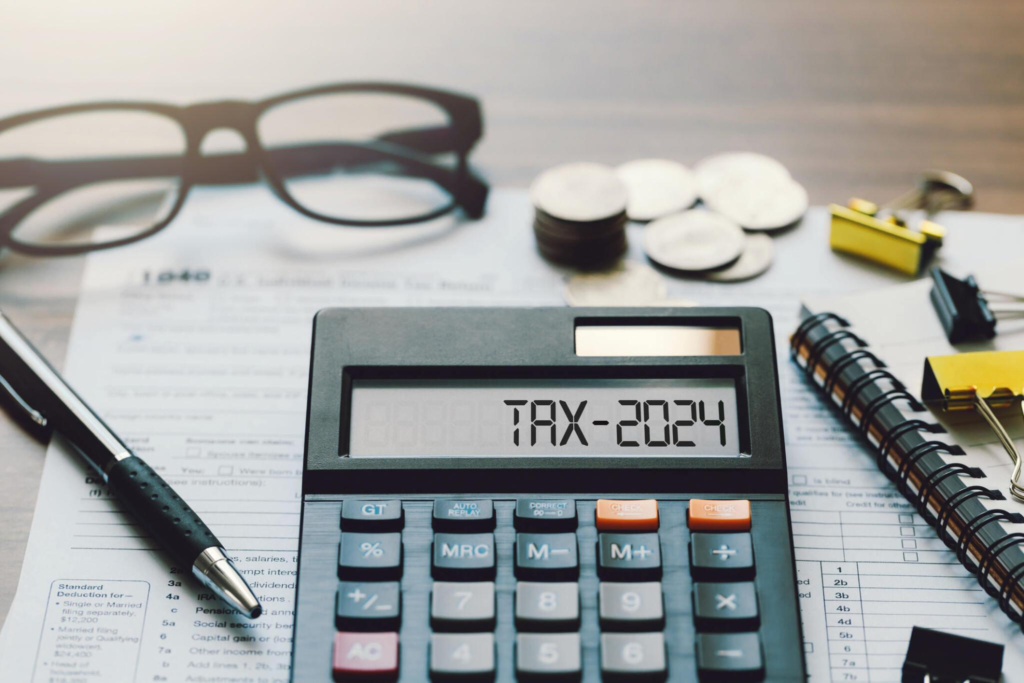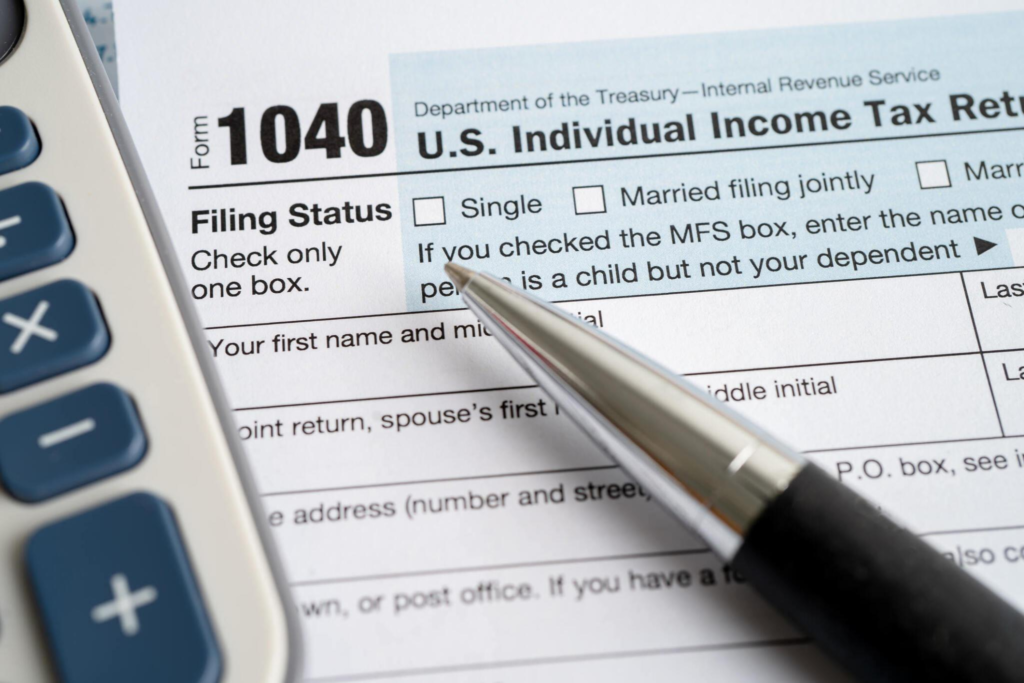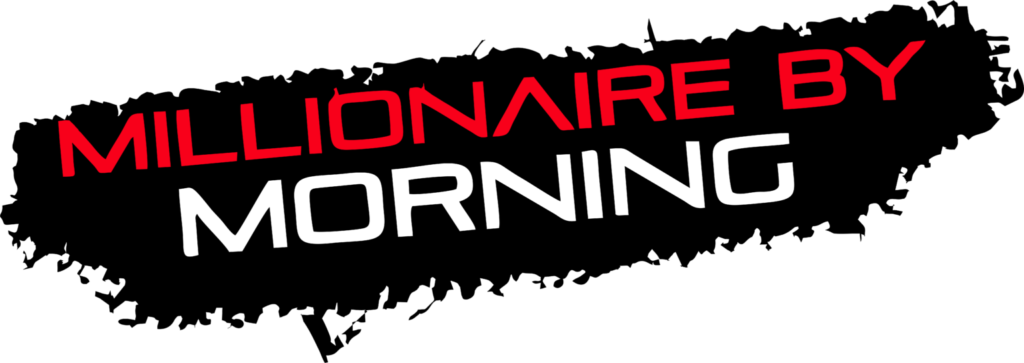
Did you start a side hustle and it has started giving profits? Whether you drive for a rideshare service, sell products/handmade crafts online, or work as a freelancer, you can pursue your passion with side hustles. But since it’s helping you supplement your primary income, don’t forget the most crucial question: do you have to report side hustle income?
Yes, you read it right. IRS requires you to pay taxes on income from side businesses. But you need to know about local laws to determine whether you qualify for taxation and how much you need to pay.
Table of Contents
ToggleIs Side Hustle Income Taxable?
You need to pay taxes on income from gig work. This gig work may include services offered through an app or a website, renting out property, selling goods online, or renting out equipment.

When your side hustle starts creating a significant income stream, it’s best to look into side hustle tax. Even though your side gig income is different from a traditional paycheck, the process of tax filing is quite similar.
In order to report your side hustle earnings, you need to find out the income threshold to qualify for tax filing.
As per IRS, you ought to file a tax return if your side hustle generates at least $400 per month in profits.
Make sure you maintain a record of receipts, expenses, and income throughout the year. When you properly track income and expenses, it’ll be easier to avoid errors and claim deductions on your payable taxes.
As an independent contractor, you will have to pay estimated taxes on a quarterly basis. The estimated taxes method is used to pay taxes on income which is not subject to withholding.
Do side hustles get taxed? Yes, they do! And now that you have the answer, it’s time to find out how to report income from a side hustle.

How to Report Side Hustle Income?
Reporting your side hustle income accurately and efficiently is crucial to ensuring compliance with tax laws and minimizing tax liability. So, let’s explore the process of reporting side hustle income to tax authorities.
Understand IRS Requirements
The first step is to understand IRS requirements for reporting self-employment income. For this purpose, visit the IRS website. If you are unsure how to file income tax returns, it’s always possible to consult a tax professional.
Download Necessary Forms
Depending on the nature of your side hustle, you may need to use different IRS forms to report your income. Your options include:
- Form 1040, US individual income tax return
- Form 1040-SR, US tax return for seniors
- Schedule SE (Form 1040), self-employment tax
- Schedule SE (Form 1040), profit or loss from sole proprietorship business
- Form 1040-X, Amended US individual income tax return (to correct mistakes in already filed tax returns)
Keep Records of Income and Expenses
Maintain accurate records of income and expenses. Keep track of all invoices, receipts, and financial transactions during the fiscal year. This will help you quickly and accurately file your returns.

If a business acquires your services, they will report the payments to the IRS via form 1099-K, 1099-MISC, 1099-NEC, or W-2. You will receive a copy of these forms and can consult them to report gross income.
Further, you will spend a significant amount on different side business-related matters during the year. This may include equipment purchases, supplies, marketing expenses, business travel, or home office expenses. By reporting these expenses, you can reduce the tax payable amount.
So, review forms such as Publication 463, Publication 535, Publication 587, or qualified business income deduction to report expenses.
Fill Out Tax Forms
Now the next task is to fill out tax forms. Don’t forget to check out the IRS website to download relevant forms or submit documents.
Be careful when reporting your income and expenses. Double-check entries for accuracy before submitting tax forms. Then pay the amount you owe to the IRS in a timely manner.

What Happens When You Ignore Taxation
Ignoring or forgetting taxation on your side hustle can lead to serious consequences.
Firstly, if you don’t pay attention to tax matters from day one, you will face difficulties when the deadline approaches. You may find it challenging to gather documents or arrange funds to pay taxes. Since you are unprepared, you may experience financial issues or unnecessary stress.
Failing to report your side hustle income accurately may result in an accumulation of tax debt. If you underestimate the amount of taxes owed, you risk facing penalties and interest charges that can quickly escalate.
Moreover, the IRS regularly conducts audits to ensure compliance with tax laws. If they find discrepancies between your reported income and what the IRS expects, you may become the subject of an audit. And these audits are time-consuming and stressful.
Penalties and interest charges are another consequence of ignoring taxation on your side hustle income. These fines can add to your financial burden.
Furthermore, intentionally evading taxes or failure to report are federal crimes. These are punishable by imprisonment. Civil penalties affect your credit score and make it difficult to restore your financial reputation down the road.

Conclusion
Do you have to report side hustle income? Yes, you do.
Building a side hustle is an exciting way to do what you love and earn extra income. But it’s important to understand the taxation aspect of side businesses.
Stay up-to-date about federal laws regarding side hustles. Keep track of business-related expenses and income. Then report them on time with the help of relevant forms.
Taking responsibility for tax obligations is essential for your financial well-being and peace of mind. Also, it helps you avoid stress and legal problems.
So, file tax returns yourself or reach out to a qualified tax professional. With the right approach, you can ensure compliance with tax laws and safeguard your financial future.
